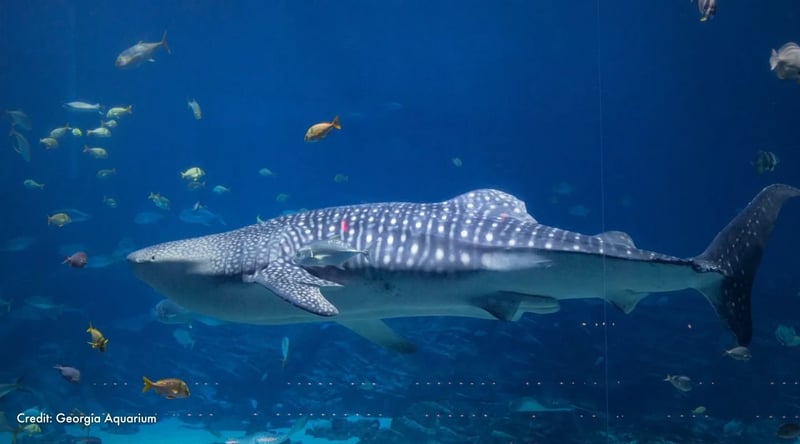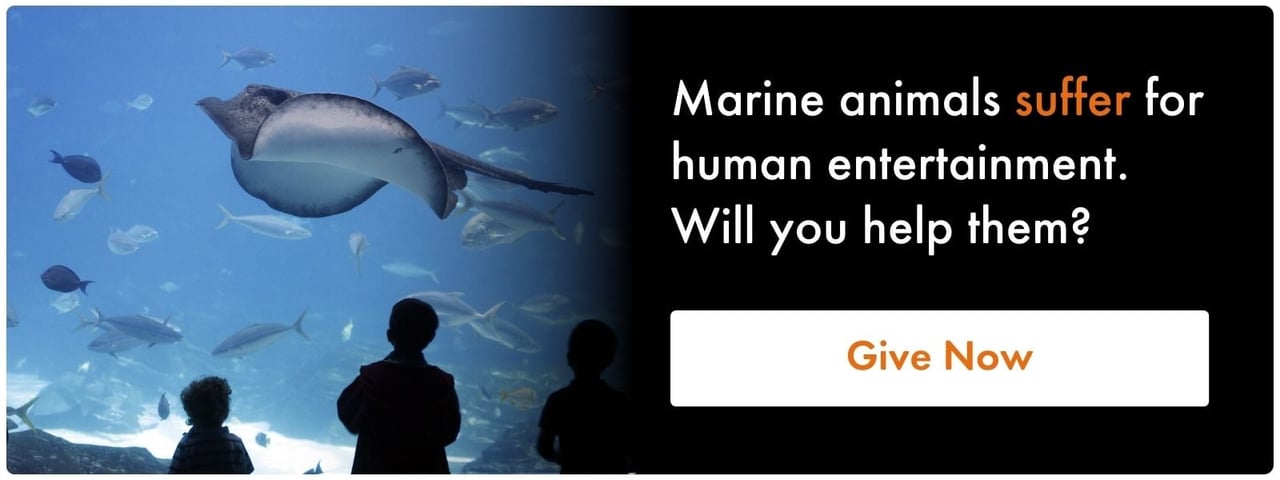
Toroko the Whale Shark (Unknown-2025)
Obituary
Toroko died at an aquarium in Georgia in August.
Toroko, a male whale shark, died at the Georgia Aquarium in August 2025. In 2007, Toroko and another whale shark, Yushan, were taken from a seafood market in Taiwan and sent to the aquarium.
Whale sharks are the largest fish in the ocean. Despite their imposing size, they are not hunters. They are filter-feeders who primarily eat plankton. Sadly, they are endangered. The biggest threats to whale sharks are climate-change caus that nearly 80% of whale sharks in West Papua have human-caused scars, primarily caused by ed habitat degradation, fishing, hunting, and vessel strikes. A recent study found nearly 80% of whale sharks in West Papua have human-caused scars, primarily from collisions with fishing platforms and whale shark-watching tour boats.
The Georgia Aquarium has been criticized for keeping whale sharks in captivity. Two female whale sharks died at the aquarium in 2020 and 2021. Male whale sharks, Ralph and Norton, both died in 2007. The aquarium also offers a “Journey with Gentle Giants – Swim" program, allowing people to swim in the sharks’ tank. These interactions with wild animals are frightening, cruel, and often dangerous, both for humans and the animals forced to participate. Jean-Michel Cousteau, son of explorer Jacques Cousteau, condemned the program, saying, “I certainly don’t think there’s something to learn from someone swimming with a whale shark.”
Whale sharks swim for hundreds of miles in the wild and can grow as long as 60 feet. It’s not possible to meet their needs in a small, indoor tank. Director of the Florida Program for Shark Research at the Florida Museum of Natural History has also criticized the Georgia Aquarium: “It’d be the equivalent of you being in a bedroom for the rest of your life after having had the ability to walk around freely. And then having 20 people come join you in your personal space every so often.”
Marine animals cannot thrive in captivity. Toroko’s story underscores the need for marine sanctuaries where injured or captively-bred marine animals can flourish in peace. World Animal Protection urges everyone who loves marine animals to avoid aquariums and enjoy them in the wild.
